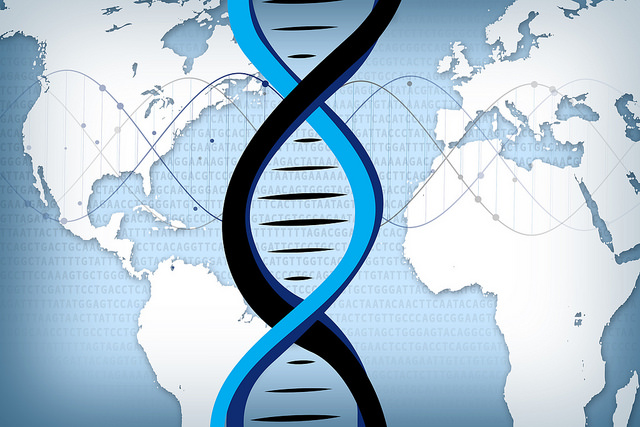World Health Organization advisers urge global effort to regulate genome editing
By Megan Molteni,
STAT [cites CGS]
| 07. 12. 2021
On Monday, a World Health Organization advisory committee called on the world’s largest public health authority to stand by the 2019 statement of its director-general urging a halt to any experiments that might lead to the births of more gene-edited humans.
The committee — established in December 2018, weeks after news broke of the birth of twin girls whose genomes were edited by Chinese scientist He Jiankui — said in a pair of long-awaited reports that the germline editing technology that led to the “CRISPR babies” scandal is still too scientifically and ethically fraught for use. But for other, less controversial forms of gene-editing, the reports offer a path to how governments might establish the technology as a tool for improving public health.
“The framework recognizes that policies governing the technology will likely vary from country to country,” committee co-chair and former U.S. Food and Drug Administration commissioner Margaret Hamburg said at a virtual press conference Monday. “Nonetheless the framework calls on all countries to incorporate key values and principles into their policies, such as inclusiveness, equal moral worth, social...
Related Articles
By David Jensen, California Stem Cell Report | 02.10.2026
Touchy issues involving accusations that California’s $12 billion gene and stem cell research agency is pushing aside “good science” in favor of new priorities and preferences will be aired again in late March at a public meeting in Sacramento.
The...
By Alex Polyakov, The Conversation | 02.09.2026
Prospective parents are being marketed genetic tests that claim to predict which IVF embryo will grow into the tallest, smartest or healthiest child.
But these tests cannot deliver what they promise. The benefits are likely minimal, while the risks to...
By Mike McIntire, The New York Times | 01.24.2026
Genetic researchers were seeking children for an ambitious, federally funded project to track brain development — a study that they told families could yield invaluable discoveries about DNA’s impact on behavior and disease.
They also promised that the children’s sensitive...
By Arthur Lazarus, MedPage Today | 01.23.2026
A growing body of contemporary research and reporting exposes how old ideas can find new life when repurposed within modern systems of medicine, technology, and public policy. Over the last decade, several trends have converged:
- The rise of polygenic scoring...




